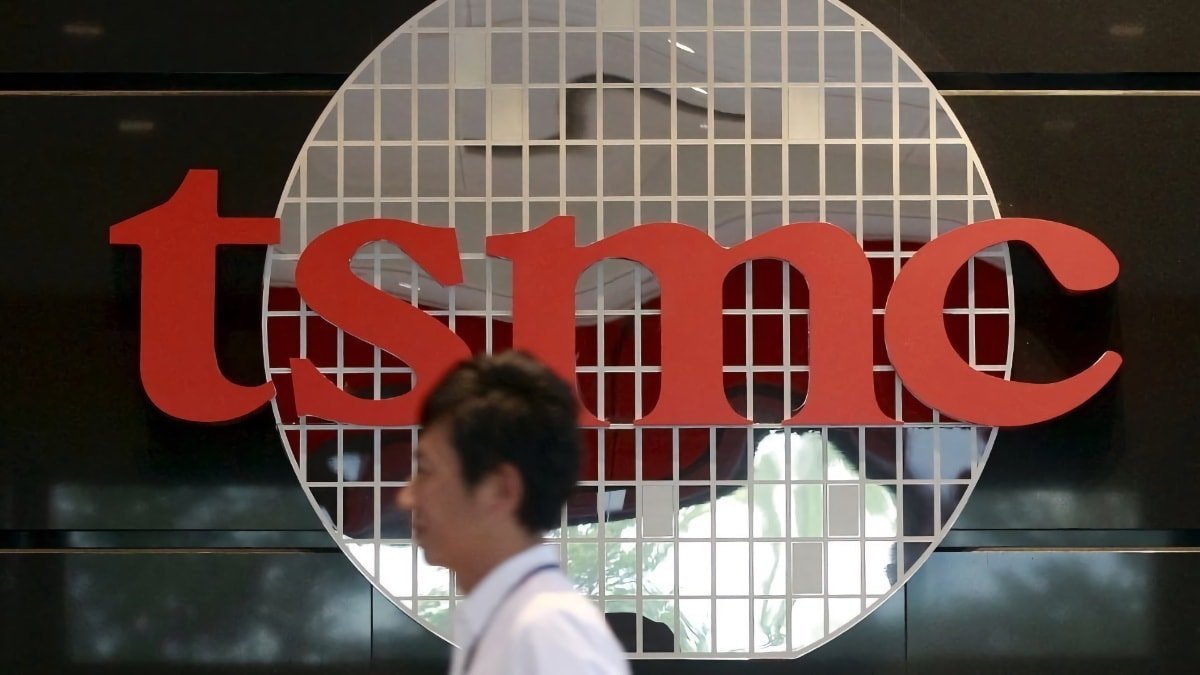Taiwan Semiconductor Manufacturing Company (TSMC), the world’s leading contract chipmaker, has commenced construction on its third semiconductor fabrication plant in Arizona. This development underscores TSMC’s commitment to bolstering domestic chip production in the United States, a move that aligns with the objectives of the CHIPS and Science Act aimed at revitalizing American manufacturing and reducing reliance on foreign supply chains.
Background and Investment Details
TSMC’s journey in Arizona began in 2020 with the announcement of its first fabrication plant, representing an initial investment of $12 billion. This facility was designed to produce 5-nanometer chips, with production slated to begin by the end of 2024. However, due to unforeseen challenges, including the COVID-19 pandemic and labor shortages, the project experienced delays, pushing full production to 2025 and escalating costs to $20 billion.
In December 2022, TSMC expanded its commitment by announcing a second plant in Arizona, increasing its total investment to $40 billion. This second facility is set to produce 3-nanometer chips, with production expected to commence in 2026. The combined output of these two plants is projected to reach 600,000 wafers annually, significantly enhancing the U.S. semiconductor manufacturing capacity.
The latest development involves the groundbreaking of a third plant, part of a broader $100 billion investment plan over the next four years. This ambitious expansion is anticipated to create approximately 40,000 construction jobs and tens of thousands of high-tech positions, contributing substantially to the local and national economy.
Strategic Implications and Industry Impact
The establishment of these advanced manufacturing facilities in Arizona is a strategic move to diversify TSMC’s production capabilities and mitigate geopolitical risks associated with concentrated manufacturing in Asia. By producing chips domestically, TSMC aims to provide its major clients, including Apple, Nvidia, and AMD, with a more resilient and secure supply chain.
Apple, in particular, has expressed strong support for TSMC’s U.S. expansion. As TSMC Arizona’s first and largest customer, Apple is poised to benefit from the proximity of chip production, potentially leading to faster turnaround times and enhanced collaboration on next-generation technologies.
Technological Advancements and Challenges
The new Arizona plants are set to produce some of the most advanced semiconductor technologies available. The first plant will manufacture 4-nanometer chips, while the second will focus on 3-nanometer technology. These advancements are crucial for powering a wide range of devices, from smartphones to high-performance computing systems.
However, producing cutting-edge chips domestically presents several challenges. The semiconductor manufacturing process is highly complex and requires a skilled workforce. TSMC has been actively recruiting and training local talent to meet these demands. Additionally, the company is investing in research and development to ensure that the U.S. facilities can achieve production yields and quality standards comparable to those of its Taiwanese counterparts.
Economic and Policy Considerations
TSMC’s investment in Arizona is not only a significant economic boon but also a testament to the effectiveness of U.S. policies aimed at revitalizing domestic manufacturing. The CHIPS and Science Act, signed into law in 2022, provides substantial incentives for semiconductor companies to build and expand facilities in the United States. TSMC’s decision to invest heavily in Arizona reflects confidence in these policy measures and the long-term viability of U.S.-based production.
Commerce Secretary Howard Lutnick highlighted the importance of this investment, stating, We are at TSMC Arizona to celebrate the return of American manufacturing. President Trump’s bold leadership and clear direction are driving companies and jobs back to this country at a record pace.
Future Outlook
Looking ahead, TSMC’s Arizona facilities are poised to play a pivotal role in the global semiconductor landscape. The production of advanced chips domestically will not only meet the growing demand from U.S. tech companies but also position the United States as a key player in the semiconductor industry. This shift is expected to enhance national security by reducing dependence on foreign chip production and fostering innovation through closer collaboration between manufacturers and technology companies.
In conclusion, TSMC’s expansion in Arizona marks a significant milestone in the effort to strengthen domestic semiconductor manufacturing. By investing in state-of-the-art facilities and creating high-quality jobs, TSMC is contributing to the resurgence of American manufacturing and the broader goal of technological self-reliance.



